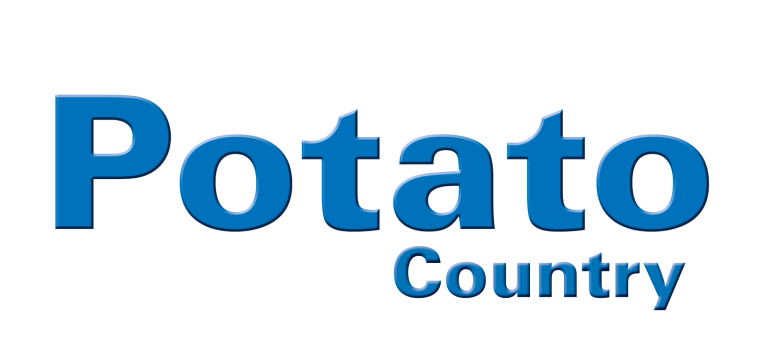By Dale Lathim
As we start another crop year, it’s once again time to remind everyone of the importance of good seed. I know every year you hear me, your field man and your seed source all tell you how you can’t grow a high-yielding, high-quality crop without good seed. While that obvious statement is 100 percent true, that statement cannot be overemphasized this year.
The 2020 crop year will see the balance of the plant expansions by Lamb Weston in Hermiston, Oregon, and Cavendish Farms in Alberta, Canada, requiring additional acreage. The new Simplot expansion in Manitoba, Canada, will also require potatoes to be contracted. Combined, these expansions will require about 11,000 additional acres of contracted potatoes in North America, above and beyond the level contracted in 2019.
That alone would be enough to tighten seed supplies. However, the shortfall of the 2019 crop in Idaho, North Dakota, Wisconsin, Alberta and Manitoba will create additional needs in those areas to help refill the frozen potato products pipeline, which will be drawn down to meet the ever-growing demand by consumers domestically and internationally. Combined, these two factors would tax the potato seed industry to a level that we haven’t seen in a couple of decades.
But this year is unique in that the seed industry as a whole does not seem to have planned for all of this expansion based on the number of acres of seed certified in the major seed producing regions. Some processing varieties actually decreased in acres at a time when they should have been increased. Also, the same weather that froze many acres of processing potatoes last fall nipped some of the seed growing regions, as well, further tightening supplies.
Putting this all together, I expect 2020 to be the tightest seed supply I have seen in my quarter of a century in the industry. While there have been years with tight seed supply before but at lesser degrees, those years saw commercial growers take chances and plant whatever seed they could get even if it was somewhat questionable in quality. Most of those rolls of the dice worked out for the growers. But I strongly urge you to avoid that temptation this year.
Because the Columbia Basin is the largest frozen potato processing area in the world and also the highest-yielding, highest-quality growing area, the industry is counting on us to provide a very high-quality crop. With the frozen potato supplies being as depleted as they will be by harvest time, processors will be counting on every contracted acre to perform at historical average or better. The market simply does not have a lot of run time for off-quality potatoes, and with where the industry will be at harvest time, all of the focus will be on keeping up on the highest-quality finished product specifications and not solving individual grower problems.
The price of seed will be very high this year. Seed growers are good business people, and they will try to make up for some tough years by shipping as much seed as possible. Your job as a great contract grower is to monitor your seed supply to be certain you are getting the best seed available. Even if you are having difficulty finding enough quality seed of the variety your processor wants you to plant, do not accept any seed that is not of a quality you would be confident in planting. If you find yourself in that situation, talk to your field man about other options, as I believe your processor will be more concerned about getting quality potatoes than about a specific variety. The key is talking to the processor up front and not making assumptions about what would be preferred.
Crop year 2020 is going to be a very important year as the frozen potato products industry continues to grow at a rapid pace. If North America is going to be able to keep pace with that growth, we as growers must do everything we can to produce the highest-yielding, highest-quality crop possible.


